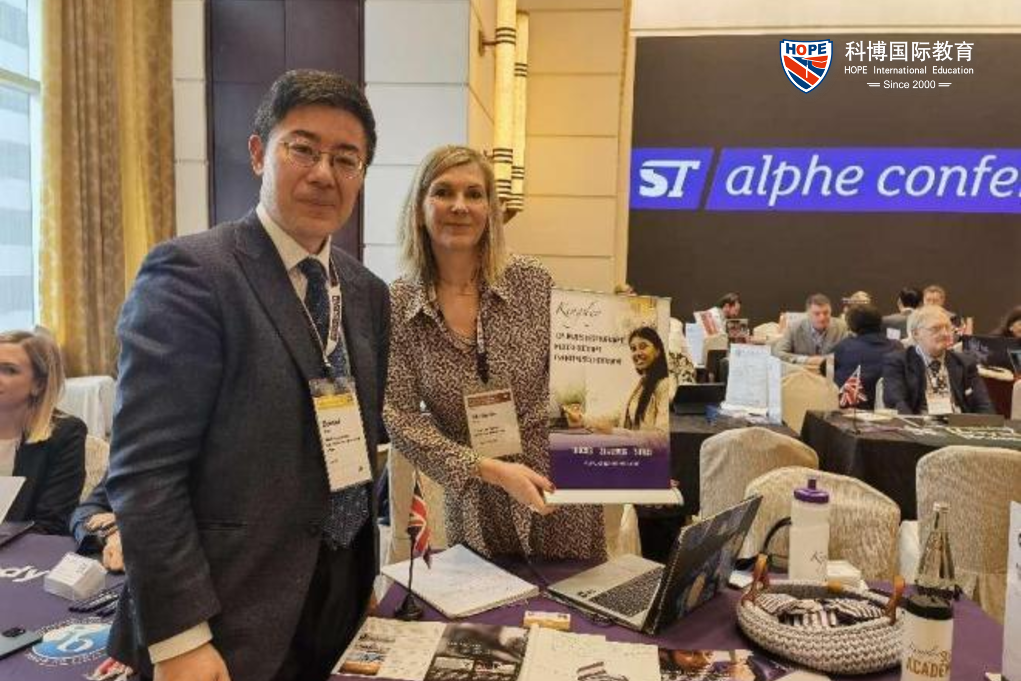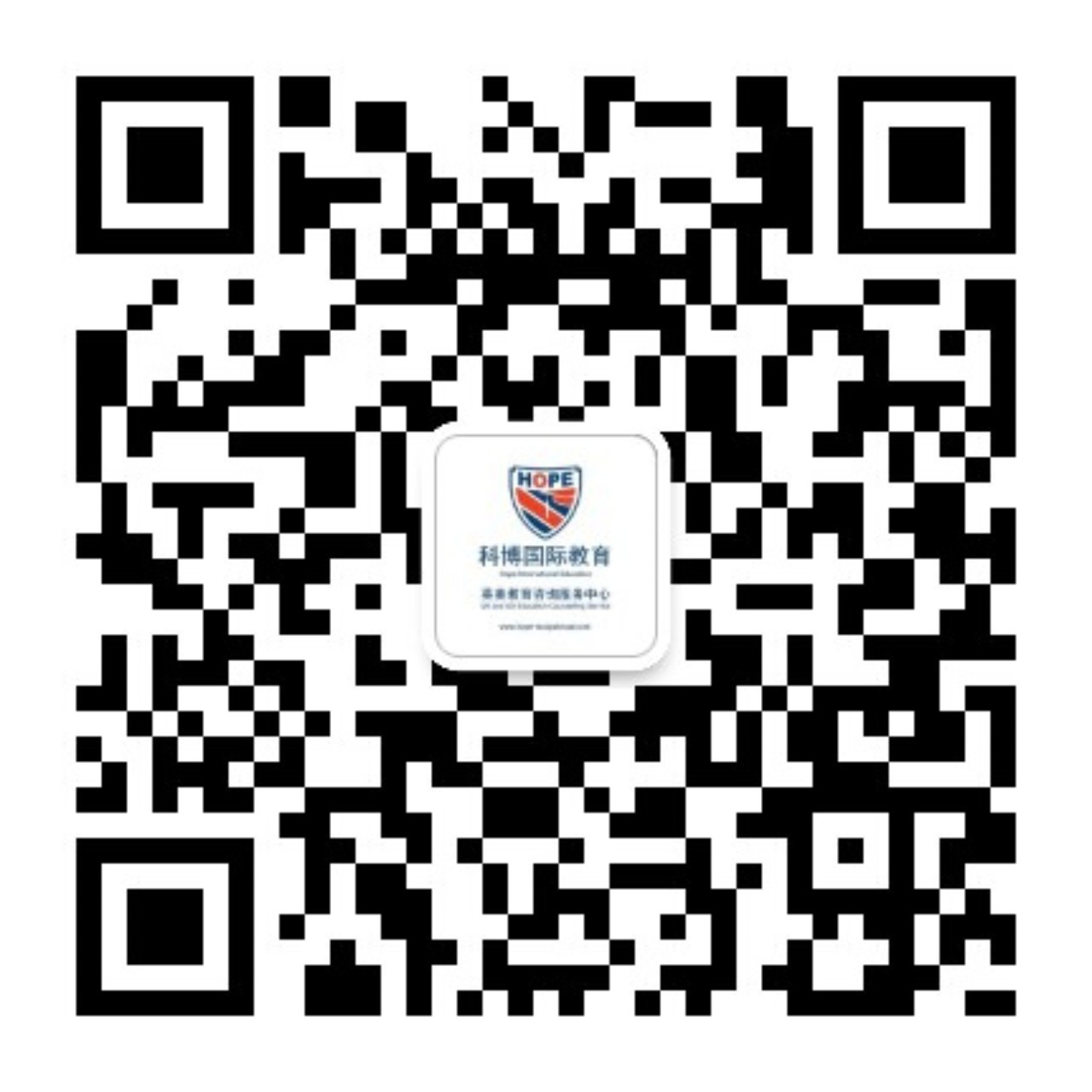For the first time after pandemic, HOPE attended St. Alphe Conference focusing on secondary education held in HK from 22-23 February. Over 130 schools from the globe and over 200 agents in Asia joined this two-day event.

Daniel Zheng, Director of HOPE joined the event, meeting over 23 schools representatives across the two days. “It is the time to resume participating in person such international conference now as there are so many changes and trends in the market after pandemic to share with our international partners”. Daniel expressed the purpose of the trip. “What is more, more and more Chinese schools are seeking international partnership as well after almost 4 years’ isolation from the international education exchange, and they are keen on asking us for help”. He added. During the conference in HK, Daniel formally had 23 appointments with schools from the UK, US, New Zealand, Switzerland and Germany. At the appointments, Daniel first briefed the school representatives on HOPE’s history and main business. He then updated them on the market during the pandemic and afterwards. The school sector, particularly the private sector was heavily stricken by the covid-19and the good momentum for recruitment was stopped as the number of students going to UK boarding schools dropped 50%-70% from 2020-2022 according to HOPE’s own figures. However, 2023 saw a slow recovery. More inquiries on boarding school were received from spring 2023 onward and application numbers have been resumed to almost 60%-70% of that before pandemic.

Daniel summarized the market characteristics and the trends to the school representatives he met: 1. The good news is that parents and students have more confidence to send kids overseas schools after pandemic, and the UK is still regarded as the safest countries with sophisticated boarding school system; 2. however, the destination countries are more diversified. Australia, New Zealand, US, Singapore and Thailand, and even schools in HK region are becoming popular; Certainly, internationalized schools in country are also parents’ choices. So the competition is becoming more and more fierce. 3. The most active schools in the China market are usually those type: a) big names with high A level/GCSE/IB results; b) schools regularly visit the market, working closely with agents for various small promotion events; c) schools who has links with Chinese schools and those whose profile have been raised by this long term school partnership.
Daniel advised that now it is also the right time for schools to re-enter the China market. The key is to have both short and long term strategy. For short term, visiting the market regularly, say 2 times a year at least to make exposure to the students by attending mini fairs, or individual events organized by agents. For long term, link with a few schools in China is also important. Students exchange, teacher exchange, summer/winter camp and immersion programme can convert some students into long term students.
If any school is interested in the Chinese market and linking with schools in China, HOPE will be very happy to work with them.




